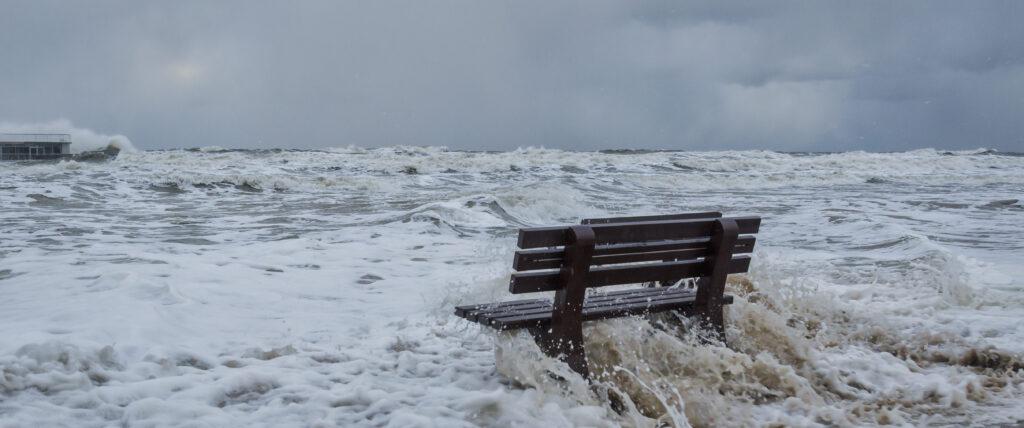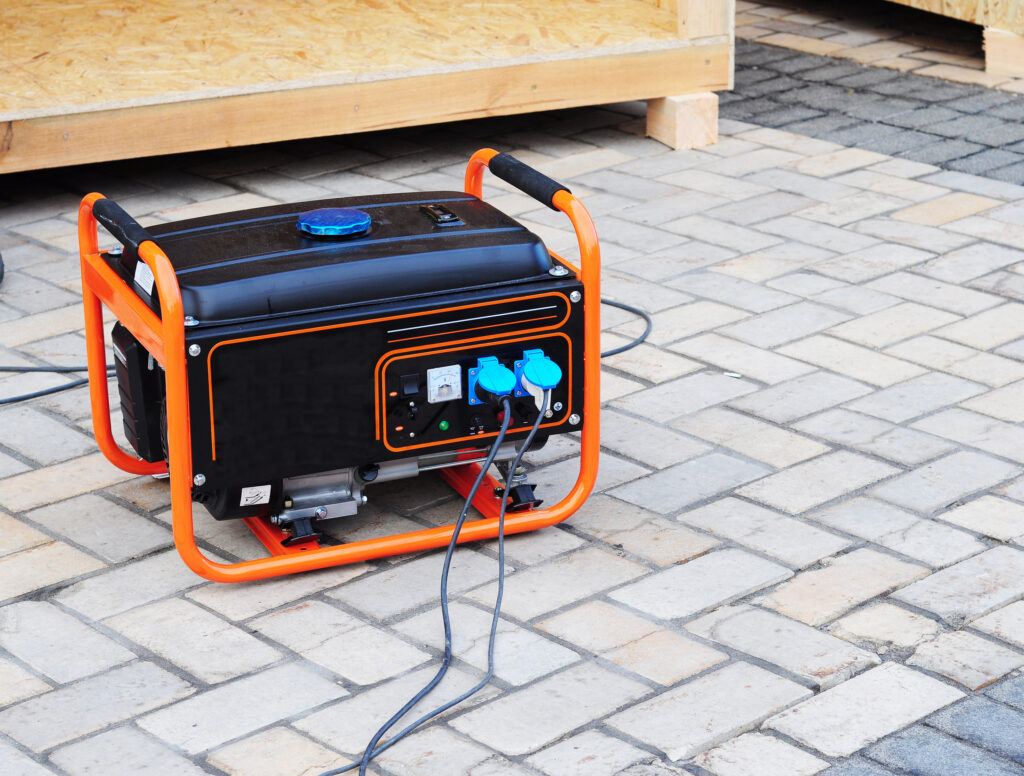
Preparing for hurricane season involves several important steps to ensure the safety and well-being of yourself, your family, and your property. For complete information on preparing for hurricane season, visit our Hurricane Planning page which contains important guidelines to help you prepare for hurricane season both before and after a storm. Highlights include:
- Stay informed: Monitor weather forecasts from reliable sources, such as the National Hurricane Center (NHC), and stay updated on any tropical storm or hurricane activity in your area. Sign up for local emergency alerts or notifications to receive timely information.
- Create an emergency plan: Develop a comprehensive emergency plan that includes evacuation routes, a communication strategy, and a meeting point for your family members. Ensure everyone in your household understands the plan and knows what to do in case of an emergency.
- Prepare an emergency kit: Assemble a well-stocked emergency kit with essential supplies that can sustain your family for at least three days. The hurricane planning kit should include non-perishable food, drinking water, flashlights, batteries, a first aid kit, medications, personal hygiene items, cash, important documents, a battery-powered or hand-cranked radio, and waterproof clothing. Additionally, sturdy boots may be important when you return home if debris exists on your property.

- Secure your home: Conduct a thorough inspection of your property to identify potential vulnerabilities. Trim trees and shrubs near your house, secure loose objects in your yard, and reinforce doors, windows, and garage doors. Consider installing storm shutters or purchasing plywood to protect windows in case of high winds.
- Review insurance coverage: One of the most important steps for hurricane planning is to ensure you have adequate insurance coverage for your property. Standard homeowner’s insurance often does not cover flood damage; work with your agent to determine the right coverage for you. Review your policy with your insurance provider to understand the details and consider making any necessary adjustments.
- Back up important data: Take the time to back up your important documents, photographs, and digital files to a secure location, either in the cloud or on an external hard drive. This will protect your valuable information in case of damage to your devices or home.

- Evacuation planning: If you live in a coastal or low-lying area prone to storm surge or flooding, be familiar with evacuation routes and evacuation centers designated by local authorities. Plan your evacuation ahead of time and know where you can stay if you need to leave your home.
- Communication and contact information: Have a list of emergency contacts, including family members, neighbors, and local authorities. Keep their phone numbers and other essential contact information in a waterproof and easily accessible place.
- Secure important documents: Gather important documents such as identification papers, passports, birth certificates, insurance policies, and property deeds. Store them in a waterproof and portable container or consider scanning and storing them electronically.

- Review generator safety: If you have a generator, review the safety guidelines, ensure it is in good working condition, and retain an adequate supply of fuel. Follow all safety precautions when operating the generator, including proper ventilation. Avoid carbon monoxide poisoning by keeping generators outdoors at all times.
For more information, download the Heritage Insurance 2023 Hurricane Guide or visit us at https://www.heritagepci.com/resources/hurricane-planning/. Preparedness is key to effectively respond to hurricanes. By taking these steps and staying vigilant, you can minimize potential risks and ensure the safety of yourself and your loved ones during hurricane season.






